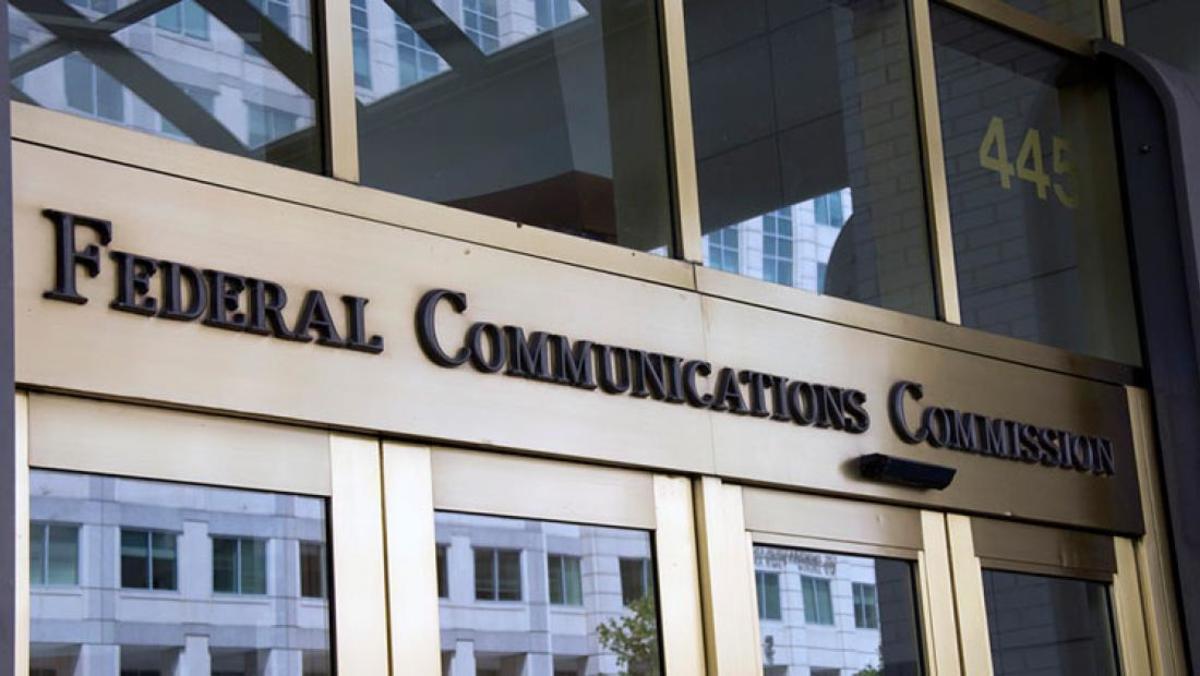FCC to Berkeley: Stay Out of Our RF Lane

The smarter way to stay on top of the multichannel video marketplace. Sign up below.
You are now subscribed
Your newsletter sign-up was successful
The FCC is backing CTIA-the Wireless Association in its legal challenge to a Berkeley, Calif., cell phone warning mandate.
A city ordinance requires cell phone retailers to warn consumers that keeping their cell phones on, connected to a network, and in a pocket or tucked into a bra "may exceed federal guidelines for exposure to RF radiation.
Related: Doctors' RX for FCC is Tougher RF Standards
CTIA challenged the disclosure mandate in the U.S. District Court for the Northern District of California, seeking a ruling that the warning violates the First Amendment and is preempted by federal law.
The FCC weighed in on the preemption assertion.
"The Berkeley ordinance conflicts with the FCC’s determination that the information provided on its website and in cell phone user manuals is sufficient to inform consumers about the risk of RF exposure, and that additional notices risk “overwarning” and misleading consumers into believing that RF emissions from FCC-certified cell phones are unsafe," the FCC told the court in a statement of interest filed this week.
It also said the warning "inaccurately describes the safety of cell phones and may inhibit the broad availability of safe wireless communications devices." It said for those reasons the Berkeley law is preempted by federal law.
The smarter way to stay on top of the multichannel video marketplace. Sign up below.
Back in April, the FCC similarly backed Apple in its defense of a class action lawsuit alleging the company sold cell phones whose RF emissions exceeded FCC limits.
Contributing editor John Eggerton has been an editor and/or writer on media regulation, legislation and policy for over four decades, including covering the FCC, FTC, Congress, the major media trade associations, and the federal courts. In addition to Multichannel News and Broadcasting + Cable, his work has appeared in Radio World, TV Technology, TV Fax, This Week in Consumer Electronics, Variety and the Encyclopedia Britannica.

